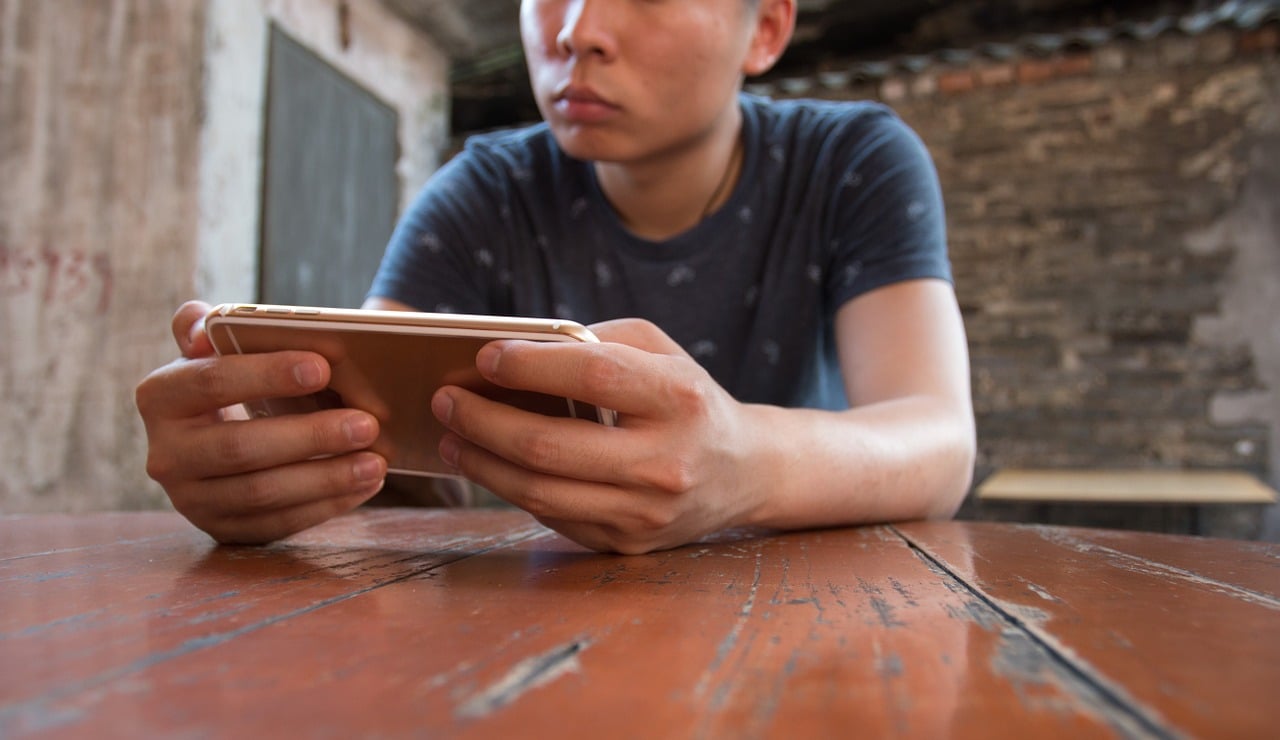Apple’s problems in China could increase if a Nikkei Asian Review report is to be believed. As per the report, the Chinese companies are asking their employees to boycott Apple products in an attempt to bolster support for Huawei.
Boycott Apple products – why?
Huawei lately has come under pressure globally amid the growing trade dispute between the U.S. and China. And, recently its CFO was arrested in Canada reportedly at the request of the U.S.
In retaliation to this and to gather support for the Chinese telecommunication giant, some Chinese companies are encouraging employees to boycott Apple products, the report notes. Some companies have come up with subsidy schemes, offering anywhere between 10% to 20% off the cost of the Huawei smartphone, while some are even covering the full cost.
“The show of support has been broad, from information technology providers to food companies. A regional government official said that several hundred businesses were conducting such programs nationwide,” the report said.
Further, the report notes that more than twenty Chinese companies have revealed their intention on social media platforms to step up buying of other Huawei products. The support for Huawei is also coming from non-tech companies as well. In one example, a brewer is giving customers free alcohol of about 30% of the amount they paid to buy Huawei products.
Moreover, some companies are reportedly going a step further by threatening employees with consequences like withholding bonuses, or even termination if they don’t boycott Apple products. The report notes that a Shenzhen machinery producer has threatened to fire employees who do not hand over their Apple products.
As of now, it is not known how successful the attempts to boycott Apple products has been. But, one thing is clear, Apple products have now lost the reputation of the status symbol that they once enjoyed in the country.
The calls to boycott Apple products and support Huawei were triggered after Huawei CFO Meng Wanzhou was arrested in Canada on December 1. The executive was apprehended during a layover between flights at the request of the U.S. government. Huawei seemingly violated the U.S. sanctions against Iran.
It is not the first incident that Chinese companies have boycotted foreign companies over a disagreement with the Chinese government. In 2012, businesses of Japanese companies were destroyed during the Senkaku Islands controversy. In another instance, South Korean companies including Hyundai faced a boycott over the deployment of a U.S. missile defense system in Seoul.
Rising troubles for Apple
The growing support for Huawei calls for a boycott and the U.S.-China trade war is not the only concern of the U.S. Company. A couple of weeks back, Apple also lost an injunction to Qualcomm in China, leading to a ban on some iPhone models in China. Apple claims to have addressed the issue with a software fix, but Qualcomm is still fighting the court battle to enforce the ban.
Apple is facing troubles not just in China, but in Germany as well. A few days back, a German court banned the iPhone 7 and iPhone 8. Also, China and the U.S. are currently waging a trade dispute, triggered partly by the Trump Administration’s threats to impose tariffs on Chinese imports. So far, the iPhones have been kept out of the tariffs, but going forward, Apple products may not stay immune to the ongoing trade dispute. An import tariff on the iPhones could raise the cost of the device by at least $60, giving Chinese buyers one more reason to boycott Apple.
Apple may not be able to afford to lose China, which is its third biggest market after Europe and America. In fiscal 2018, the company earned about $52 billion in revenue from Greater China, or about 20% of the total sales, as per the company’s most recent annual filing.
Though Apple does not disclose the revenue it generates from each product category by region, it is not hard to guess that the iPhone is the most important category. And, this is where the Chinese companies are hurting it. Huawei’s smartphone market share in the People’s Republic of China increased from 16.4% in 2016 to 20.4% in 2017, while in the same period, Apple’s share dropped from 9.6% to 9.3%, according to market research company IDC.
Apple, meanwhile, is working hard to up its sales in China. Last week, Apple launched an iPhone XS and iPhone XR trade-in promotion offer in the region, according to news site 9to5Mac.





